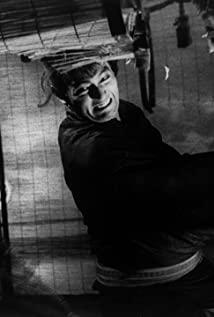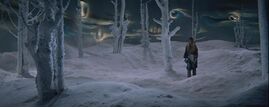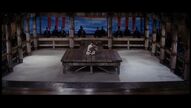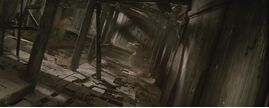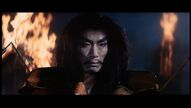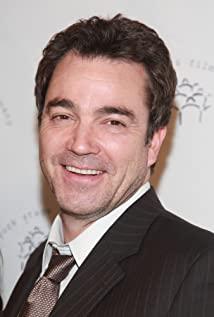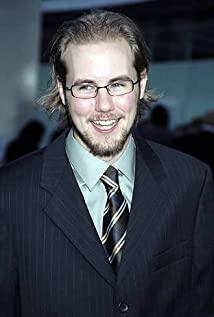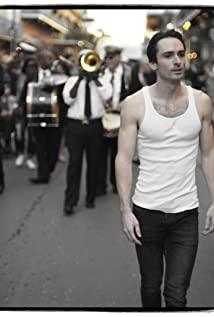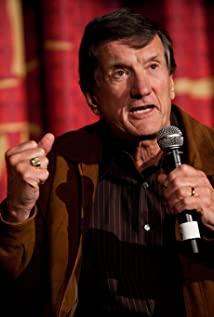Masaki Kobayashi's review
Masaki Kobayashi : "Nakadai-kun has the genius to portray two different generations of people. When I filmed " Conditions of the World ", most of the actors were from the pre-war or mid-war generation. I wanted to find someone who could perform the new generation. Feeling. Nakadai-kun was able to convey the emerging, strong and energetic side of young people after the war... Although he is very young, Nakadai-kun has a solid theater foundation. I think he still compares the traditional new drama background with our post-war generation. One of the few actors with a combination of living energy. Therefore, he can truly and powerfully interpret the two generations before and after the war."
Wind Man's review
Tatsuya Nakadai in "Ran": "What I asked him to do-he did it perfectly in the end-was to freely transition between stupidity and wisdom. It is very difficult to move back and forth between the two states in the same scene. One of the most difficult scenes was in the castle. He started to go crazy, and the flames spattered behind him. No other actor except him could do it. We were shooting on the set, in a very hot environment, and the crew members were all sweaty. It was soaked and the actor's makeup was broken. The flames hit the ceiling and the whole house was on fire. His performance required a lot of control to do..."
"There are no words or even too many physical actions. He has to convey how the most powerful will and the greatest soul came to collapse. He watched his castle swallowed by fire and smoke, and then step by step. Walk down the steps more than a foot high. I asked him not to stagger or look at his feet. Every time I rehearsal, I try it myself, and I have to support two or three people. When the filming was officially filmed, the castle was real. It’s burning, we can only take one shot. If he falls, it will weaken the strength of the scene, but we can only accept it. As a result, Tatsuya Nakadai did it too perfectly, he didn’t make a mistake even a small step, his eyes were bleak No light, like a real sleepwalker or a lunatic."
Sato Tadao's Evaluation
Sato Tadao : The most popular actor for playing the role of a hero: Susumu Fujita (the actor of Shisanshiro) plays a soldier, but he can give people a feeling: a "stand at attention" command, as long as you don't say "take a rest" , He can stand for a day or two, nailed in place and motionless. As for the number one hardcore actor in the early post-war period, the audience would choose Toshiro Mifune without hesitation. Compared with Susumu Fujita, the hero he plays is more flexible and autonomous. The hero he plays gives people this feeling: perseverance, always desperately seeking a goal, not afraid of sharp arrows or bullets, and regards death as home. If someone's "stand at attention" order is unreasonable, he will give the orderer a fierce look, but he will stand at attention when he does things. The hero played by the post-war actor Tatsuya Nakadai will be more flexible-he will stand at attention with a command. However, his stomach was thinking about how to rebel. So, three decades on behalf of Showa (1955) on behalf of the hardcore actorいYui ji shi wa ra ro u u
so what? He is fat and slow to move. However, like a basketball player, he kept hunching his back, swinging his long legs and shaking his upper body. , The lines are spoken intermittently. This is Ishihara's most proud performance when he first entered the film world. In other words, he thinks the word password is rustic. He still hasn't heard anyone give him a password. At the same time, an actor who plays a hardcore role has different physical movements and inner feelings. This evolution also reflects the evolution of the image of tough and tough guys imagined by people in all ages.
Hark Tsui's review
Hark Tsui :Why did you choose Tatsuya Nakadai to play Yuan Dazongin " The Wicked City " (Originally in English): I want a powerful actor, and he is the only one who pops out of my mind. He is a very dedicated actor , I read the script carefully and exchanged my understanding of the role. We communicated very well.
Since the filming, he has more than one hundred works, many of which are excellent works. His performance style is bold and bright, which is unique in the Japanese film scene and is deeply loved by Japanese audiences.
